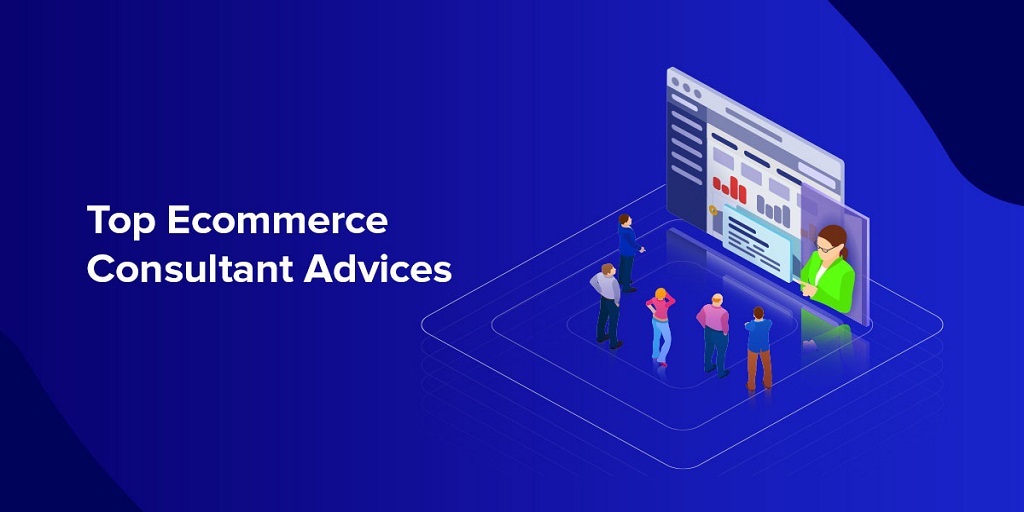Since Google plays its algorithms and other proprietary technologies extremely close to the vest, there’s little agreement over what works (and doesn’t) in digital marketing strategies.
Specifically, with respect to eCommerce search engine optimization, where Google core updates can seem to make or break organic rankings multiple times per year, it can be hard to dial in on just what is causing those changes.
Hence, it’s quite common for eCommerce SEO companies to disagree on what exactly is (or isn’t) a ranking factor, and just how pointedly it will affect an online store’s organic rankings.
However, there’s little disagreement among the best eCommerce consultants over these observations.
1. Content is a critical ranking factor
All things being equal, a website with quality long-form, SEO-optimized CMS and blog pages, and conversion-rate-optimized category and product pages, will rank much more effectively than one without them.
Duplicate content, thin, watery, unengaging content, and
Shopify is one of the best eCommerce platforms out there right now, but this fact won’t matter if no one can find your website!
While there are a bunch of mainstream methods to promote your website, whether via social media or influencer marketing, these approaches have a tendency to be out of budget. Unfortunately, they do not guarantee exposure to a large audience. So it’s best to go for a method where there is already a substantial amount of users you can redirect to your website, and that’s what Search Engine Optimization or SEO can do for your business.
Did you know that there are approximately 99,00 searches on Google every single second? Consumers are constantly looking for products and services on-demand or most convenient to them. It could be your product and service they’re clicking on if only you’ve taken the Shopify SEO company advice given to you during your business’ early days.
So if you’re looking to further understand how you can capitalize on the gargantuan opportunity



